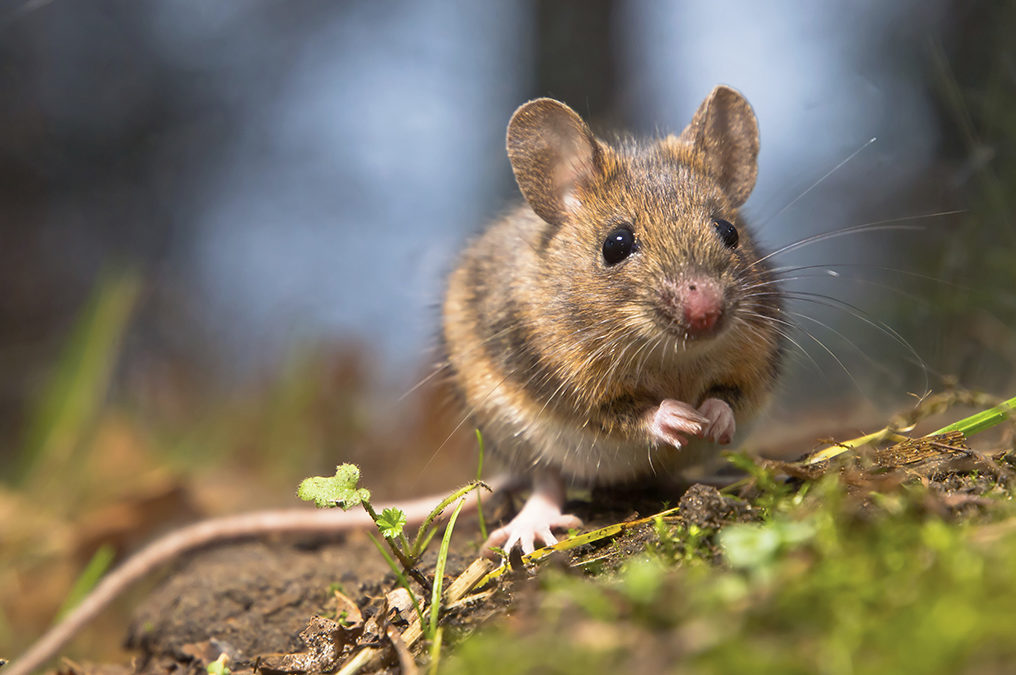When it comes to keeping your home free from unwanted visitors, mice are among the most common and frustrating pests. To effectively prevent these tiny intruders, it's critical to choose the best materials to block mice holes. Mice can squeeze through incredibly small openings, so identifying and sealing these entry points is essential for a rodent-free home.
In the quest to find the best materials to block mice holes, understanding the behavior and biology of these creatures is vital. Mice are notorious for their ability to gnaw through various materials, which makes selecting the right blocking materials even more crucial. This article will explore the top options available that are not only effective but also sustainable and humane.

Understanding Mice Behavior
Mice are nocturnal creatures that are constantly on the lookout for food and shelter. Their small size allows them to exploit even the tiniest crevices in your home. To prevent an infestation, it's crucial to recognize common entry points such as gaps in walls, foundations, and around utility pipes.
Moreover, mice have a keen sense of smell and can detect food from a distance. This means they are often attracted to kitchens and pantries. Understanding these behaviors can help you identify where to concentrate your efforts in blocking their entry.
Top Materials for Blocking Mice Holes
1. Steel Wool
One of the most effective materials for sealing small holes and cracks is steel wool. Mice cannot chew through the tough fibers of steel wool, making it an excellent choice for blocking entry points. To use, simply stuff the steel wool into the holes and seal with caulk for added security.
2. Cement
For larger holes, cement is a robust and durable option. Cement patches can effectively seal gaps in foundations and around pipes, creating a permanent barrier against mice. It's important to ensure that the cement is applied properly and allowed to cure completely before expecting results.
3. Metal Mesh
Metal mesh is another excellent material for blocking mice holes, particularly in areas where ventilation is necessary, such as attics and crawlspaces. The mesh can be cut to size and secured over openings to prevent mice from entering while maintaining airflow.
4. Expanding Foam
Expanding foam is a versatile material that can fill irregularly-shaped openings. It expands to fill gaps completely, creating a solid barrier against mice. However, it is essential to choose a foam specifically designed for pest control, as some types can be chewed through by determined rodents.
Other Preventative Measures
While blocking holes is a critical step in keeping mice out, there are additional measures you can take to make your home less attractive to these pests. Keeping food in airtight containers, reducing clutter, and maintaining a clean environment are all effective strategies for deterring mice.
It's also important to inspect your home regularly for new gaps or signs of mice activity. Early intervention can prevent small problems from becoming significant infestations.
Conclusion
In conclusion, using the best materials to block mice holes is a proactive step towards maintaining a rodent-free home. By understanding mouse behavior and choosing the right materials, such as steel wool, cement, metal mesh, and expanding foam, you can effectively seal entry points and protect your home. Additionally, implementing preventative measures will further ensure your home remains a place where only invited guests are welcome.
For more information on effective rodent control strategies, visit Smart Pest Alert Integration or explore humane repellent options.

FAQ
What are the most effective materials to block mice holes?
The most effective materials include steel wool, cement, metal mesh, and expanding foam. These materials are difficult for mice to chew through and can effectively seal entry points.
How can I identify potential entry points for mice?
Common entry points include gaps in walls, foundations, around utility pipes, and near food sources. Regular inspections and understanding mice behavior can help you identify these areas.
Are there any natural methods to deter mice?
Yes, natural methods such as keeping a clean environment, using essential oils like peppermint, and removing food sources can be effective in deterring mice.
